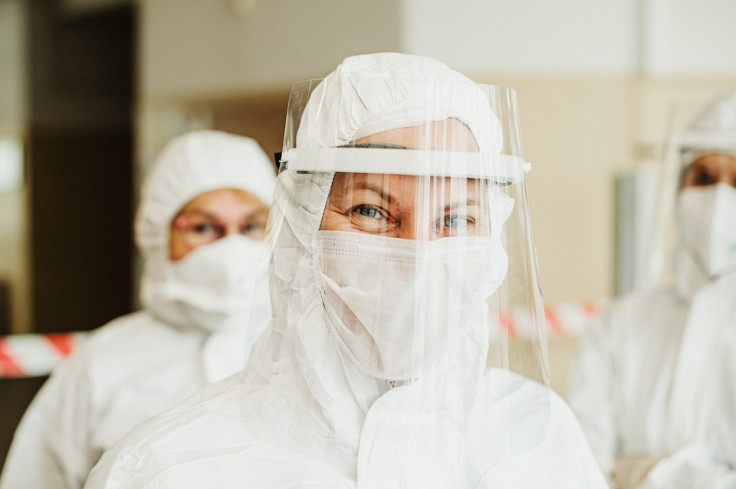Coronavirus mutations not proven to increase transmissibility in humans, study says
Researchers found that the human immune system was the one that mostly induced the mutation of the SARS-CoV-2 virus.
The mutations of SARS-CoV-2, the virus that causes COVID-19, has sparked numerous questions among many, with a number of people asking whether the mutated virus increases the transmissibility among humans.
A study titled "No evidence for increased transmissibility from recurrent mutations in SARS-CoV-2" published in the journal Nature Communications revealed that none of the mutations that have been documented appear to increase the transmissibility of the virus in humans. The study was carried out by University College London, where they analysed virus genomes from more than 46,000 individuals who had COVID-19 from 99 countries.
Dr Lucy van Dorp from the UCL Genetics Institute and one of the authors of the study said that they have found that none of the mutations that they have seen were increasing the transmission rate of the virus. She said that the SARS-CoV-2 genomes that were generated for research have been staggering and that they have realised even during the early part of the pandemic that they needed new approaches in order to analyse the huge amounts of data to flag new mutations, which could affect the severity or transmission.
The researchers analysed a global dataset of genomes from those who were suffering from COVID-19. They collected data up to July 2020. From the data, they found 12,706 mutations. Their evidence showed that around 398 mutations occurred independently and repeatedly. Out of the 398, they zeroed in on 185 mutations that occurred at least thrice during the pandemic.
In order to find out if the mutations would increase the transmission, the researchers modelled the evolutionary tree of the virus. They analysed if a specific mutation becomes increasingly common in a tree branch. They will then check after the mutation if the "descendants" of that mutation outperform other SARS-CoV-2 viruses that do not have that specific mutation.
The researchers found that the human immune system was the one that mostly induced the mutation of the SARS-CoV-2 virus. The notion that the mutation was a result of the virus adapting to the human host was debunked by their recent findings. The situation contrasts another analysis by the same team with regards to what happened when the virus jumped onto farm minks.
They noted that they have analysed the virus genome from the minks and found that the same mutation seems to appear over and over again in various mink farms, even though the same mutations were rarely observed in people prior.
The researchers underscored that viruses are expected to mutate and to eventually diverge into lineages, however, it does not imply that the lineage will become more transmissible.
© Copyright IBTimes 2025. All rights reserved.






















